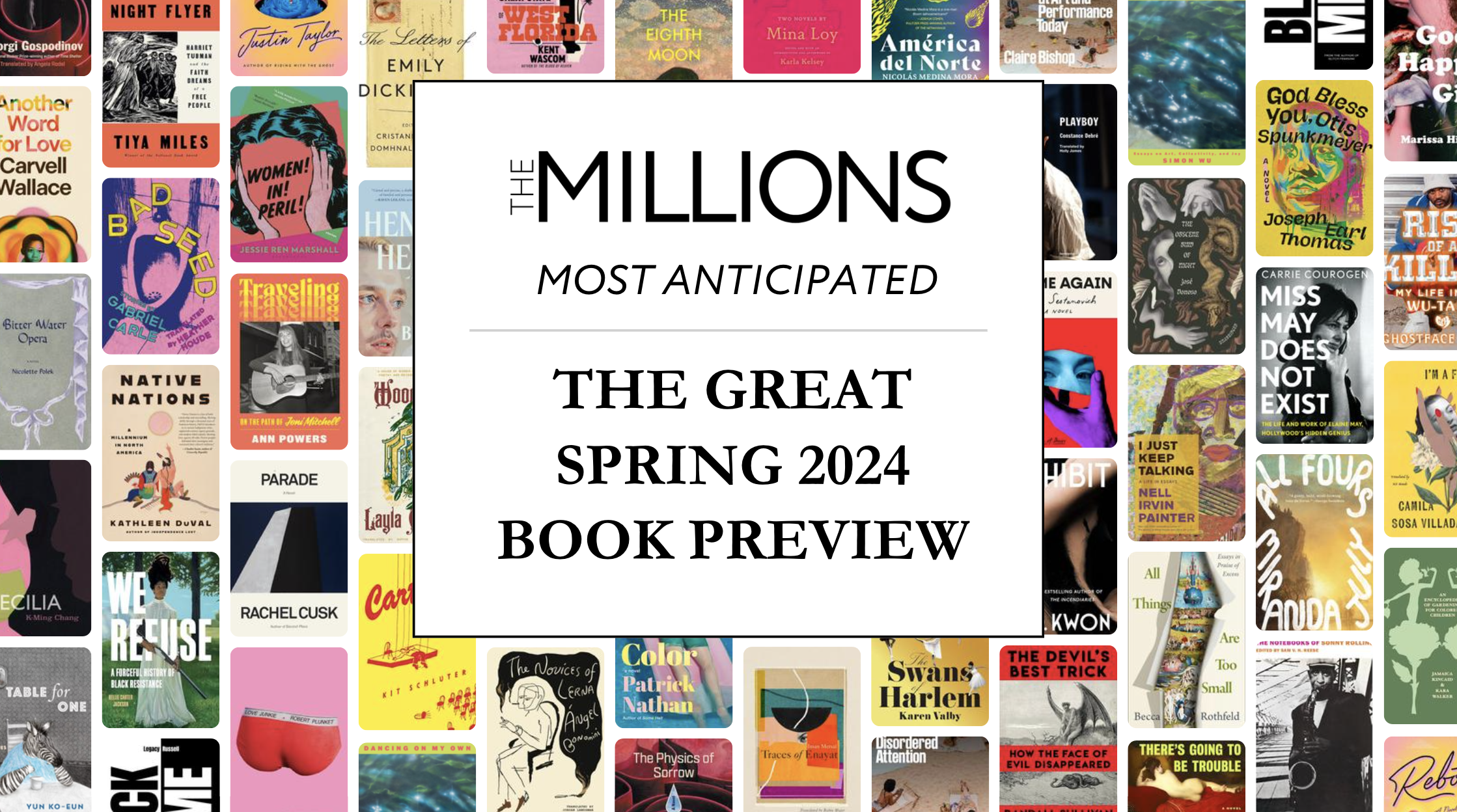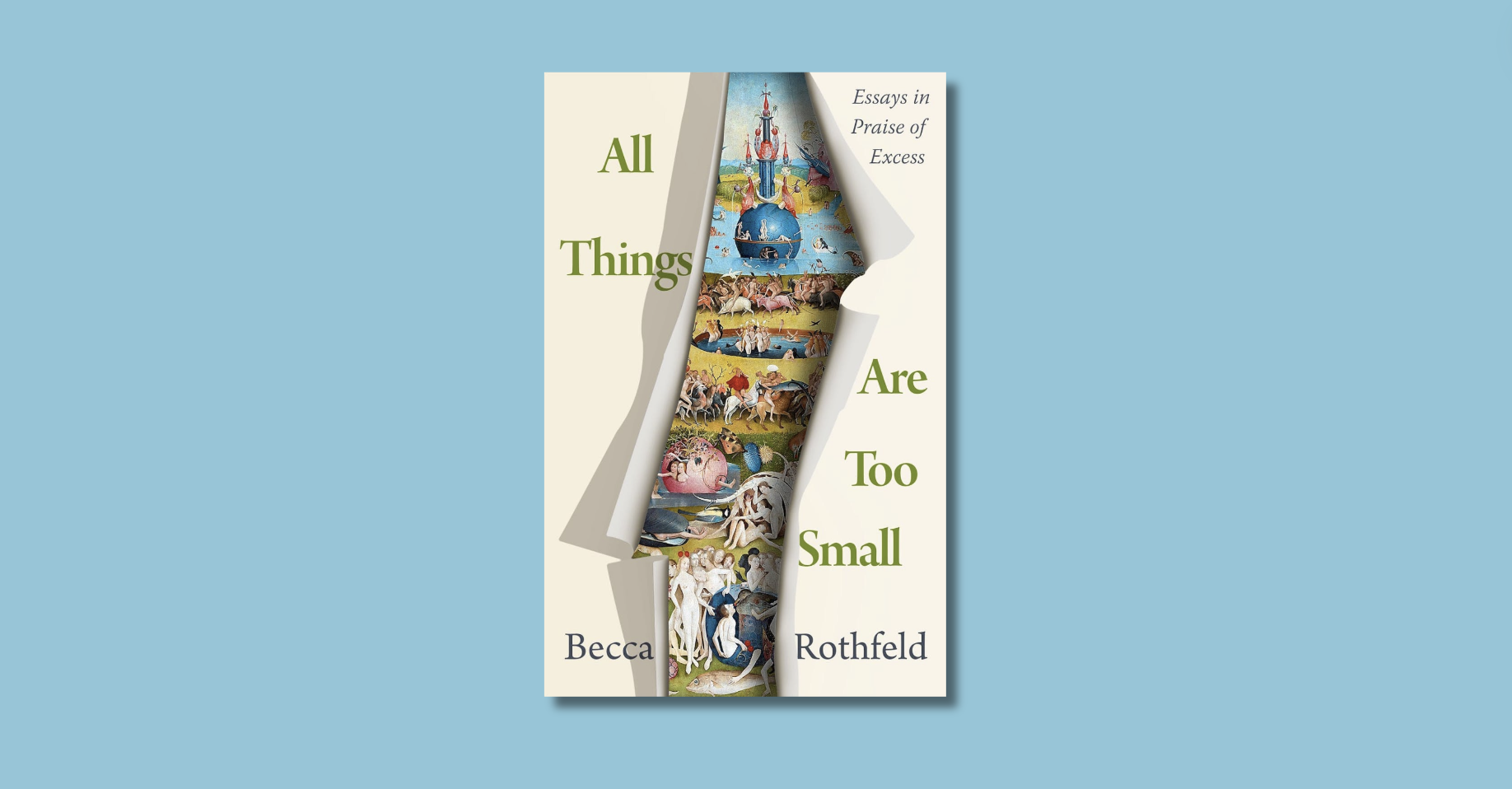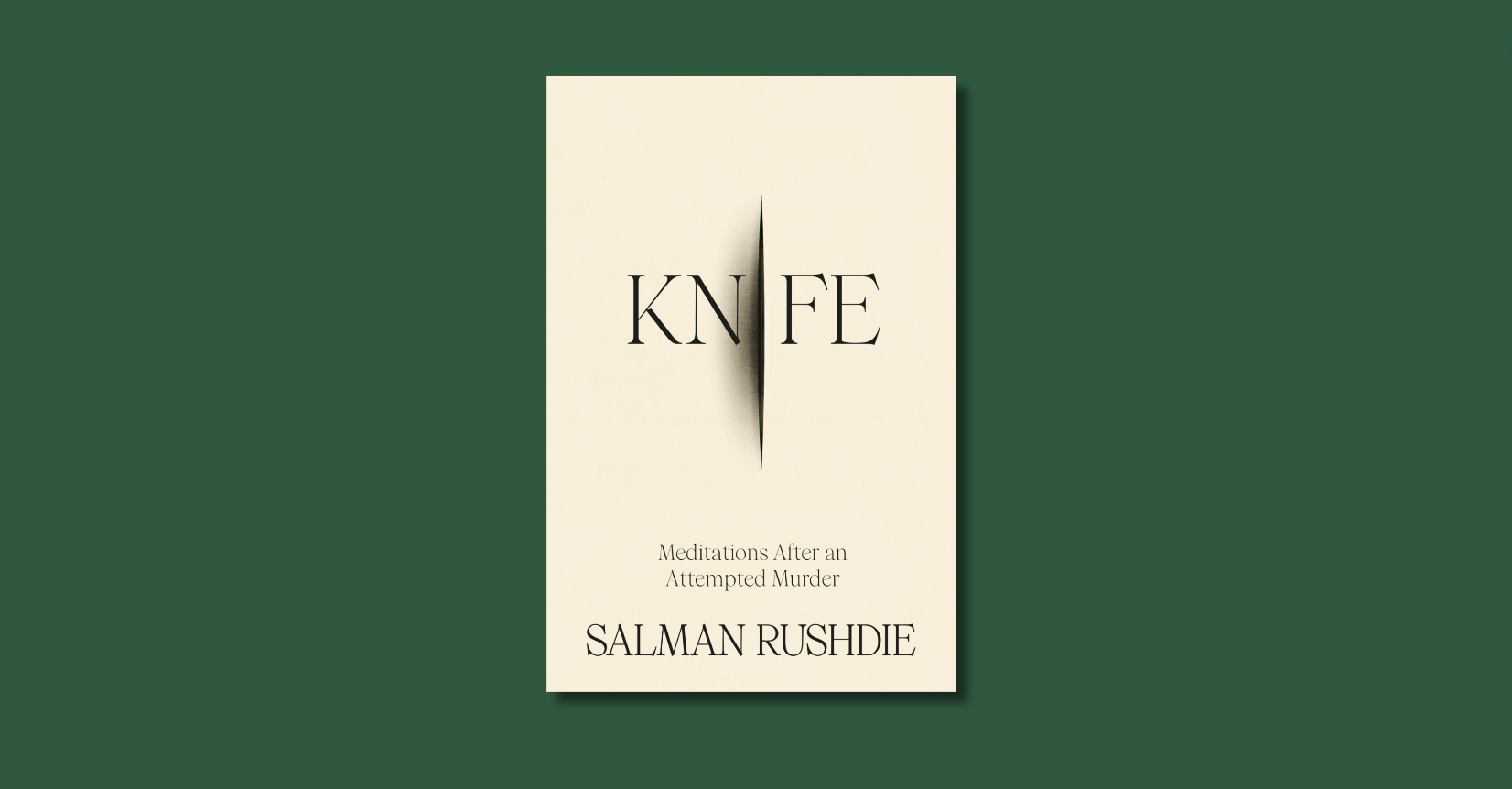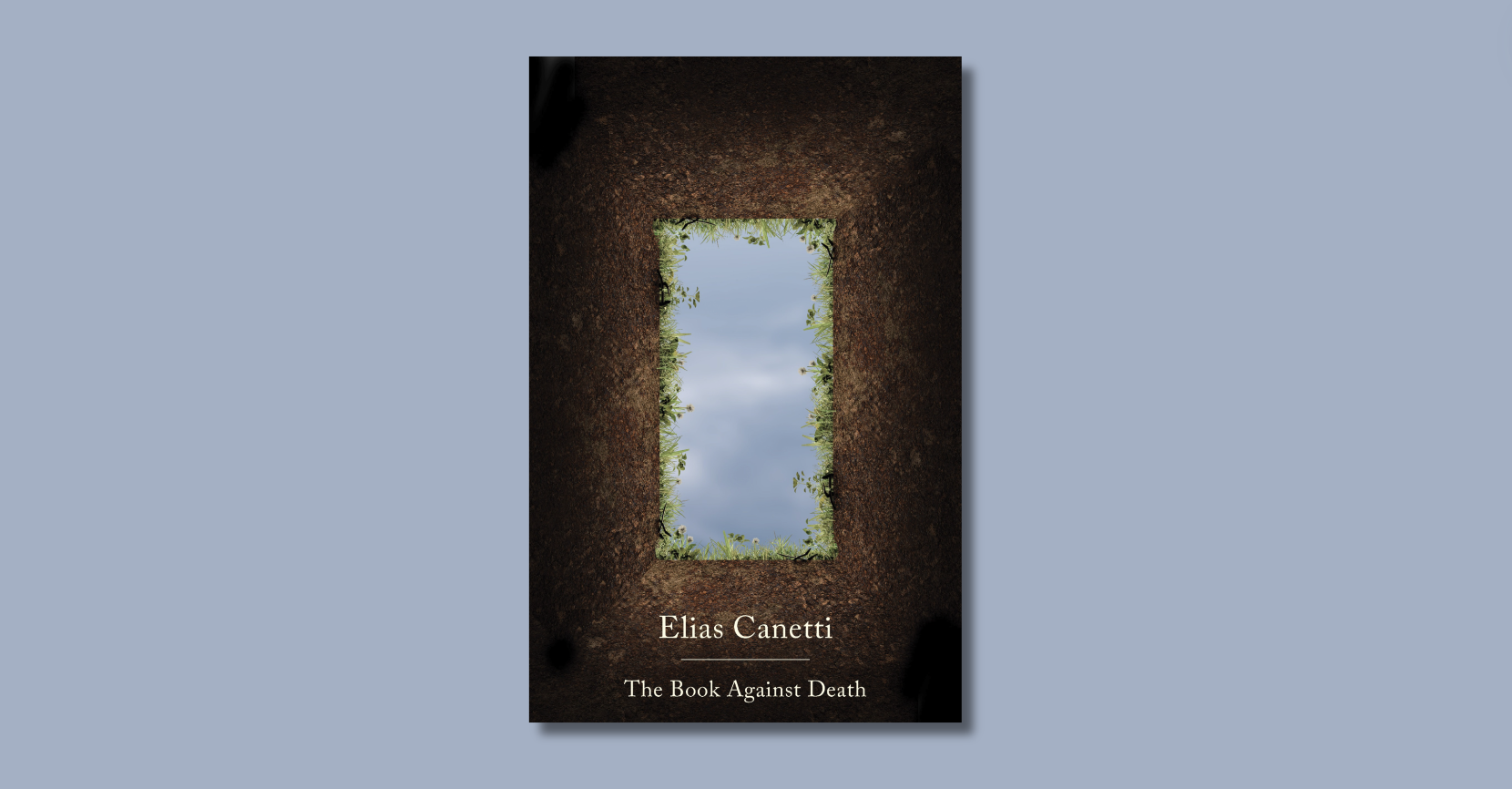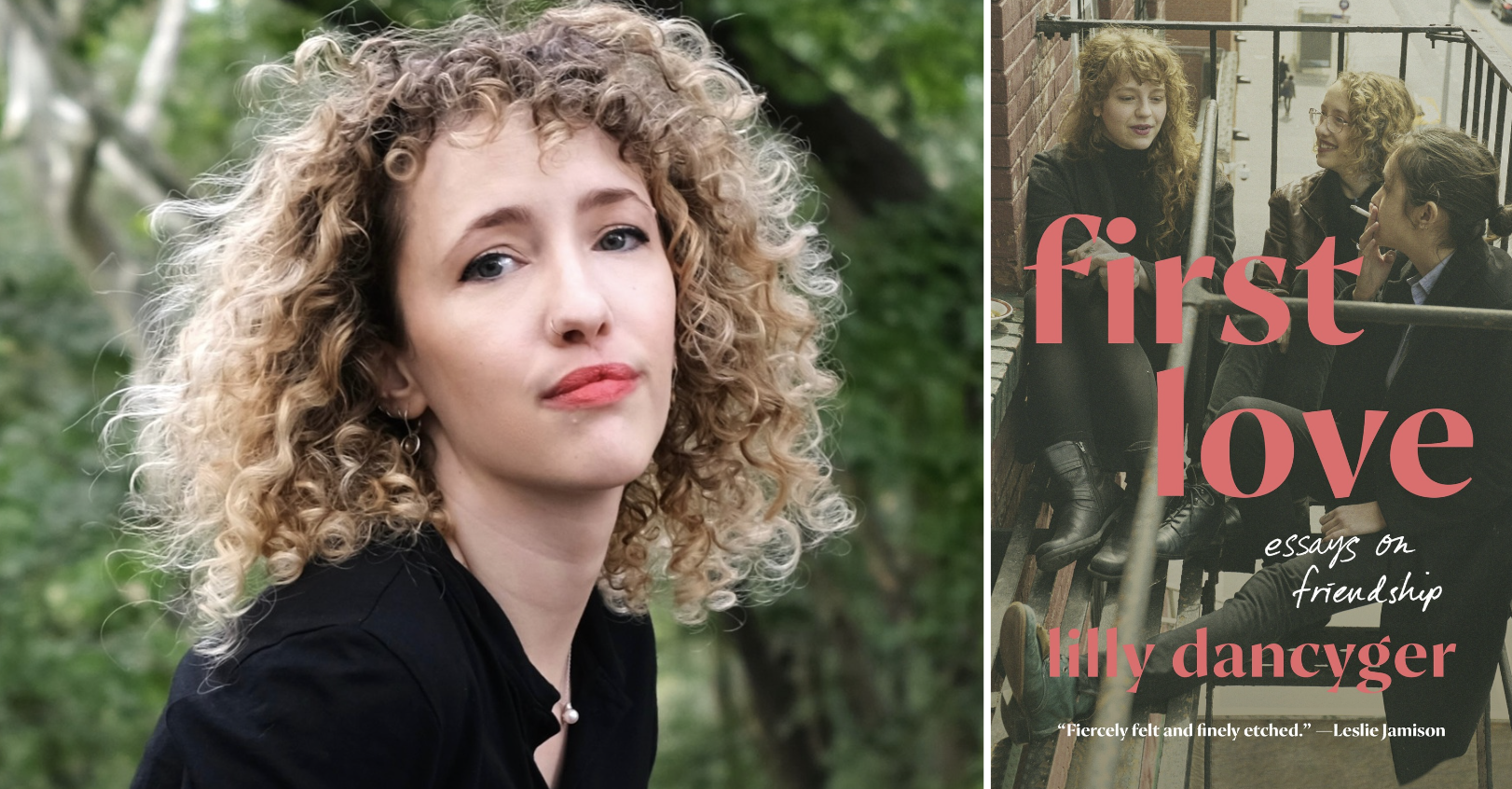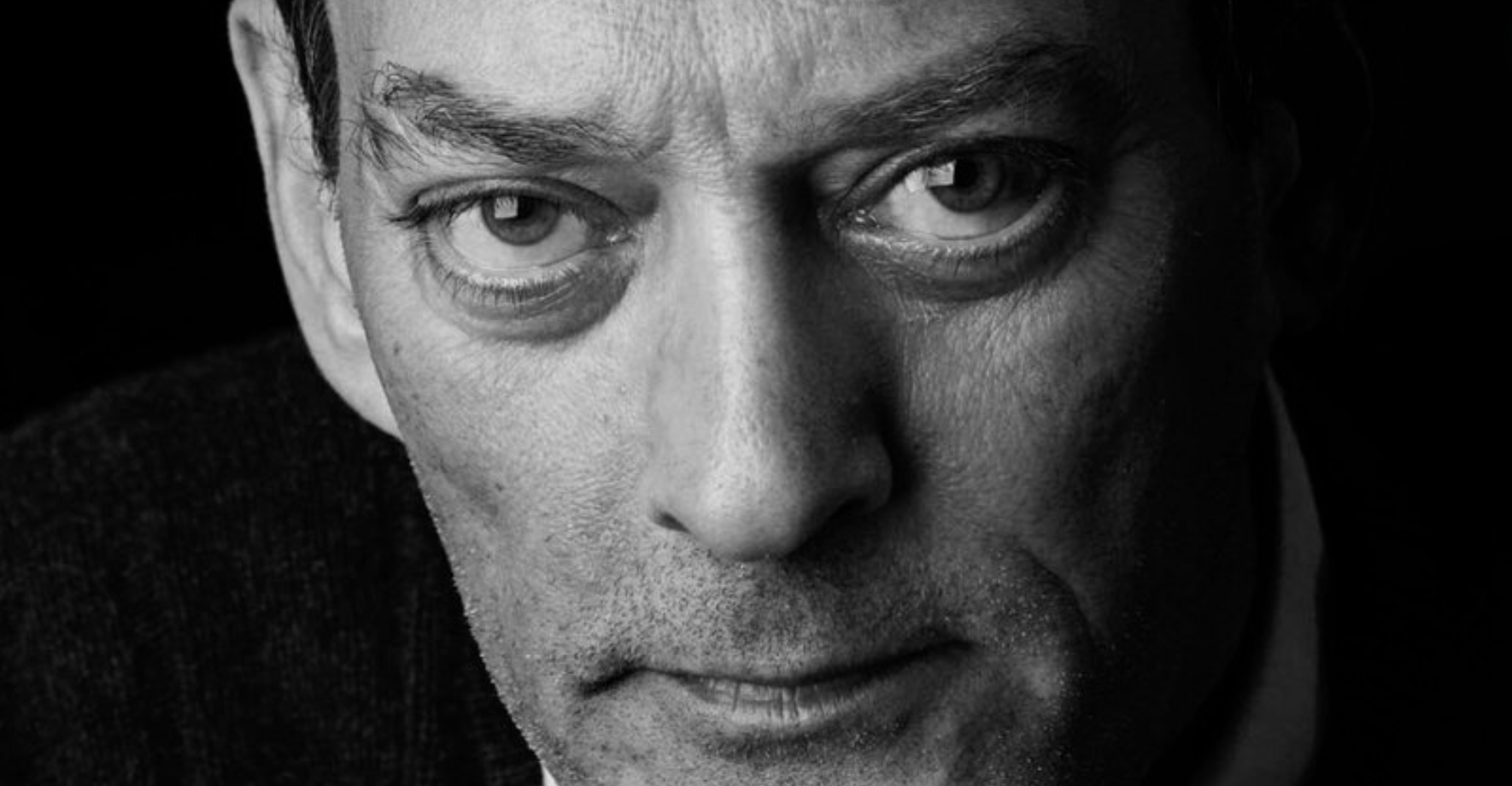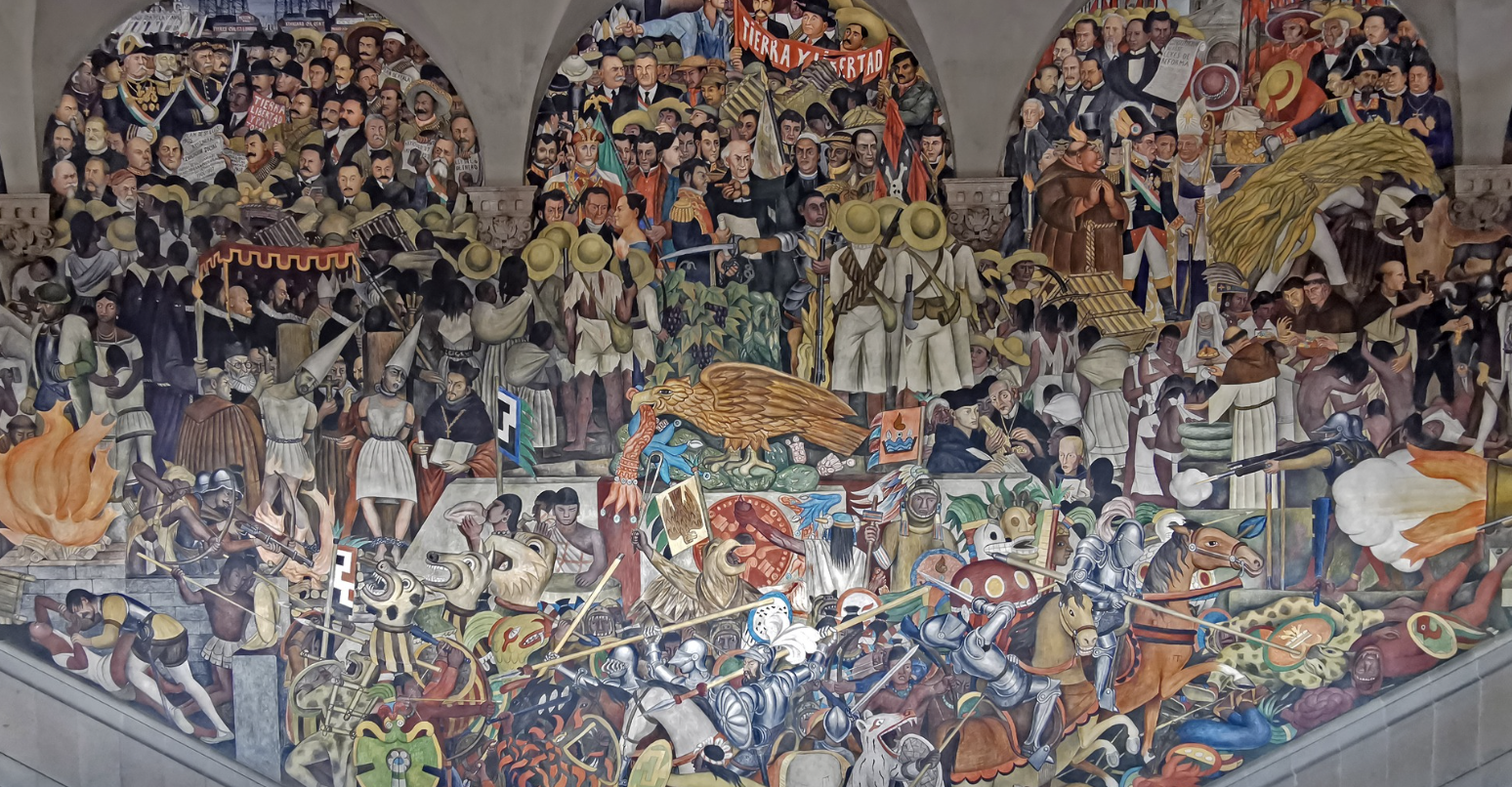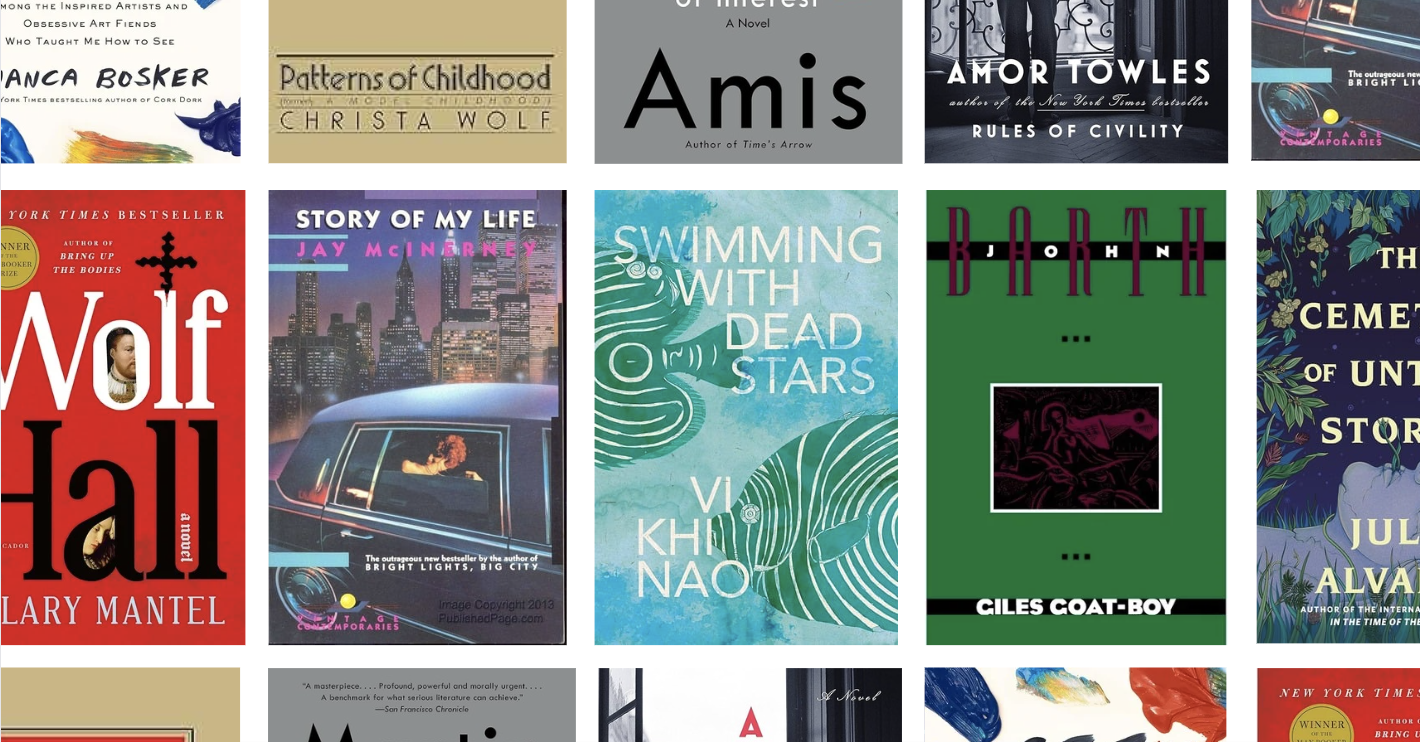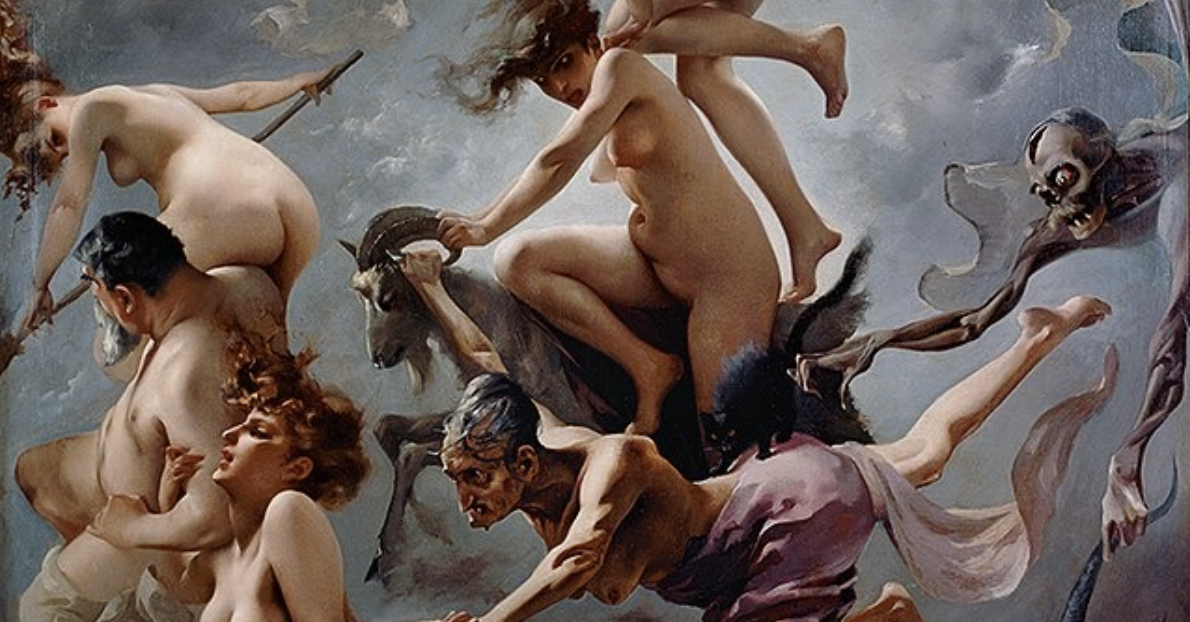 Alan Hollinghurst’s work combines the joys of the traditional tropes of the 19th-century novel with a contemporary sensibility unencumbered by the 19th century’s social strictures. The Line of Beauty, his 2004 Booker winner, employed the strategies of a “Jamesian procedure,” he says, in which one writes about a large period of time from the point of view of one person. The result is a series of “social events” that are all filtered through a singular main conscience. But unlike a Henry James novel, The Line of Beauty, a story set in the upper class milieu of Thatcher’s England, includes among these “social events” lyrical descriptions of gay sex. What is suggested by James’ strange use of the word “perverse” in his late story “The Beast in the Jungle” is here made explicit and definitive. There is an argument that the golden age of the novel died with the rise of divorce. A Portrait of a Lady cannot emerge from a society in which an upper-class woman can happily remain single. Hollinghurst’s examinations of gay culture in differing periods may suggest otherwise.
Alan Hollinghurst’s work combines the joys of the traditional tropes of the 19th-century novel with a contemporary sensibility unencumbered by the 19th century’s social strictures. The Line of Beauty, his 2004 Booker winner, employed the strategies of a “Jamesian procedure,” he says, in which one writes about a large period of time from the point of view of one person. The result is a series of “social events” that are all filtered through a singular main conscience. But unlike a Henry James novel, The Line of Beauty, a story set in the upper class milieu of Thatcher’s England, includes among these “social events” lyrical descriptions of gay sex. What is suggested by James’ strange use of the word “perverse” in his late story “The Beast in the Jungle” is here made explicit and definitive. There is an argument that the golden age of the novel died with the rise of divorce. A Portrait of a Lady cannot emerge from a society in which an upper-class woman can happily remain single. Hollinghurst’s examinations of gay culture in differing periods may suggest otherwise.
 The first third of The Stranger’s Child, Hollinghurst’s fifth novel, indulges a pleasure common to recent historical fiction. The book opens in 1913, when Cecil Valance enjoys a day at a fellow Cambridge sodomite’s family estate, where he scratches off a poem in a 16-year-old girl’s album. That poem, thanks to a Churchill speech, becomes a national elegy for England’s World War I dead, of which Cecil becomes a member. In the third and fourth sections of the novel, set respectively in 1967 and 1980, an enterprising writer, Paul Bryant, sets out to write Cecil Valance’s biography in an attempt to uncover the contours of the poet’s sexual lilt. If the early sections of the novel excite our desire to read between the lines of the codes of the past, adopting a style not unlike Evelyn Waugh, but with fewer double entendres, the latter sections call that very desire into question.
The first third of The Stranger’s Child, Hollinghurst’s fifth novel, indulges a pleasure common to recent historical fiction. The book opens in 1913, when Cecil Valance enjoys a day at a fellow Cambridge sodomite’s family estate, where he scratches off a poem in a 16-year-old girl’s album. That poem, thanks to a Churchill speech, becomes a national elegy for England’s World War I dead, of which Cecil becomes a member. In the third and fourth sections of the novel, set respectively in 1967 and 1980, an enterprising writer, Paul Bryant, sets out to write Cecil Valance’s biography in an attempt to uncover the contours of the poet’s sexual lilt. If the early sections of the novel excite our desire to read between the lines of the codes of the past, adopting a style not unlike Evelyn Waugh, but with fewer double entendres, the latter sections call that very desire into question.
I met Hollinghurst at his room at the Grand Hotel on October 27 in Minneapolis, where he was on book tour. The hotel was a hilariously ugly Vegas-like concoction in the city’s downtown. I sat down on an armchair next to a strange coffee table shaped like a silver tree stump. He sat on an office chair at a desk in front of his laptop. We started by chatting about James Wood’s unflattering review of The Stranger’s Child in The New Yorker and I turned my digital recorder on. What follows is a pared-down version of a one-hour conversation.
The Millions: Do you read reviews?
Alan Hollinghurst: I do, unless very strongly warned off them by some kind person. There’s no point in upsetting oneself unnecessarily.
TM: So did you read the James Wood review up to the very end?
AH: I did. But actually, when he got to the bit when he was imagining how I might write something, it just seemed so pathetic that I stopped taking it seriously.
TM: When he did the parody of you?
AH: Yes, it’s very ill-advised to do something like that, I think. It exposes your own fear of the charge that you don’t know what you’re talking about.
TM: I know you lived a very social life during your time at the Times Literary Supplement. But when you’re in the process of writing novels, you don’t seem to be living a very social life, as far as I can tell. All these profiles describe you as somewhat reclusive.
AH: I do rather play that up for profile writers. (laughs) I’m actually very lazy, and put off doing anything for as long as possible. But a combination of reasons will bring me to my desk. And then when I get on with it, I do get on with it. It is, after all, how I make my living, what I feel I’m supposed to be doing in this life. So I’m then very disciplined. But I have quite a social life in the periods when I’m not writing a novel. This book took me four years to write, but there were quite a few periods during those four years when I wasn’t at my desk.
I love society. And it’s true I used to live a more social life before. Working at the TLS threw me into the whole world of literary parties and book launches, which I used to go to all the time. Like any professional world, the behavior is extremely repetitive in nature. I described in The Stranger’s Child, Paul Bryant having this experience, of going to a party and staggering out at a quarter to nine, drunk, hoping to find someone to have something to eat with. And then having a horrible blur of that night after night. (laughs) So that was a kind of socializing I really quit quite happily. I think as one gets older one just wants to see the people one really likes and not be bothered by all sorts of mere social obligations.
TM: I’m trying to get at the machinery of writing. Joseph Conrad takes a trip around the world and finally settles down to his desk and writes about Africa and Latin America. My assumption had been that you had lived your youth and then decided to sit down and write about what life is like in society.
AH: One has reserves of memory, which is obviously a writer’s main resource, really. It’s not really a problem. I think the way I write I tend to have periods of exposure to life, as it were, where particularly dramatic, thought-provoking or stimulating things might happen. Then there are periods where I withdraw and reflect on them. But it’s not as if I did everything in my youth and then retired to write about it for the rest of my life. Writing is a constantly growing, alternating process. It’s reassuring to know that one still has pockets, areas of one’s life that can still be explored.
TM: There are a lot of holes at the end of this book. There are lingering questions about all sorts of things we realize won’t be answered. When you leave those holes, do you, as the novelist, have them filled in for yourself?
AH: No, I don’t actually. I really want the reader to be left in as great a state of speculation as a lot of the other characters are both [in the earlier sections] and those who weren’t there but were trying to work it out later on [in the later sections].
What to leave out is so important. I like the fun of withholding information, the trickle of disclosure, the distance that might create in the reader.
TM: But does not knowing those things make it harder for you to do your work as a novelist?
AH: Yes, it was very hard. (laughs) But you’re right, if I had written a more substantial outline of all the stuff it might have felt different. But actually being in uncertainties seemed to be somehow part of it. Perhaps it was a mistake. Perhaps I could have written it much more quickly if I had outlined it all.
TM: But did you consciously decide that there were things that you yourself wouldn’t know when you started the book?
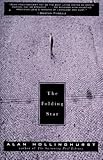 AH: Yes, I suppose so. It’s so peculiar talking about unknown things in stuff that is fiction. In a way, I feel I don’t know anything about my books except what’s on the page. It’s not completely true, because in the process of writing there are projected scenes that don’t get written and scenes that do get written that get cut out. So there’s a slight blurring of that idea. People often come up and ask what happened to characters in The Folding Star and it’s not just me being tediously teasing when I say, “I don’t know.”
AH: Yes, I suppose so. It’s so peculiar talking about unknown things in stuff that is fiction. In a way, I feel I don’t know anything about my books except what’s on the page. It’s not completely true, because in the process of writing there are projected scenes that don’t get written and scenes that do get written that get cut out. So there’s a slight blurring of that idea. People often come up and ask what happened to characters in The Folding Star and it’s not just me being tediously teasing when I say, “I don’t know.”
TM: So there’s Paul Bryant in The Stranger’s Child and Nick Guest in The Line of Beauty. They’re similar characters in that they’re likable as we see them. We read them from their point of view. Nick is something of a moral coward. Paul is covered in moral turpitude. In both novels, I’ve heard you say before you don’t like to tip your cards, you don’t like to make moral judgments. And yet there’s a moment at the end of both novels where you snap the reader awake to the point where they realize these characters may be worse than they have been presented as being.
AH: But there’s a complicated moral thing going on. I don’t like to seem as a novelist to be rewarding and punishing. I hope the reader is led on these complicated processes of identifying with the character instead. I deprived Paul of all sorts of things which Nick has. That came from a determination not to keep writing characters who shared all my own enthusiasms and experiences. He has no understanding or appreciation of music at all.
I hoped that in the long confrontation with Daphne in the end, we would have two characters the reader had an inward relationship with and now were head-to-head with each other. Neither behaves terribly well. The reader might not know where their sympathies lie.
TM: But there’s a trigger in both. Why do you wait to the end to give us this little knock?
AH: I guess it seemed to me quite effective. I’m trying to get away from certain novelistic stereotypes not to write books where the last minute revelation of a secret explains everything else. But nonetheless it’s hard to resist putting it in.
TM: I didn’t much care for the television adaptation of The Line of Beauty. I thought the book was very funny, but when I saw the adaptation I saw moment after moment that seemed to suck the comedy dry from the book.
AH: Well it was different in a lot of ways. I did sometimes feel that even the characters who more or less had the lines in the original book didn’t quite seem to get them. It would be a bit invidious to pick out people who don’t live up to my expectation. I think I hear the tone of things in my head and I’m gratified when readers do. But I don’t think they do necessarily. And the shooting script is such an exiguous thing. It’s this tiny little column. The dialogue is so pared-back. I think it worked best in the things that weren’t funny at all. My feeling was it got better after a rather clunky start. I was actually quite moved by the third episode. It’s a very constrictive sort of medium, the TV.
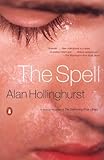 TM: I interviewed Colm Tóibín a few years ago and he went on a rant a bit about John Updike’s infamous review of The Spell. He said that it just showed that Updike had a “super-developed heterosexuality” that just “eats” into his work. I thought I would just let you respond to the review yourself.
TM: I interviewed Colm Tóibín a few years ago and he went on a rant a bit about John Updike’s infamous review of The Spell. He said that it just showed that Updike had a “super-developed heterosexuality” that just “eats” into his work. I thought I would just let you respond to the review yourself.
AH: Well, it was deplorable in various ways, but I also remember being very amused by it. There was this person who had gone to rather extraordinary lengths in his details of heterosexual sex and for whom the analysis of sexual behavior seemed to be so fundamental to his work as a novelist. But who was giving the impression in this review that everything he knew about homosexuality he gleaned from my novels, like he had never come across it in real life at all. I thought it was absolutely extraordinary, therefore so absurd, the old way he put it about the animating chirp of the female presence or something that he so missed in my books. It was terribly silly. It showed that he had chosen to emphasize his own failure with this large and interesting aspect of human behavior.
TM: You have a lot of very good-looking characters who seem to enjoy this aristocratic privilege of their good looks. I know so many gay men, who no matter how good-looking they are, are extremely uncomfortable with their looks, simply because they are subject to the interests of other men. So why do you keep returning to this character who I don’t believe exists in real life?
AH: (laughs) Yes, well, I suppose vanity is a form of insecurity isn’t it. It’s true. Nick is uncertain about his looks. He looks in a mirror when he’s going on his first date. And he’s seeing what could be attractive to someone else. That’s the fundamental thing that’s happening at that point. But really he is magnetized by what seem to be the greater attractions of other men. Perhaps people rather lose themselves in the worship of beautiful people. You think these characters should be more neurotic? (laughs)
TM: Well, maybe it’s again what I like about your books. There’s a certain indulgence of fantasy and then a deconstruction of it. You have these characters for whom the obtaining of and the act of sex is so easy.
AH: Well, I’ll certainly ponder it when I write my next book. There’s a yearning for a world of superb sex and beauty, but there’s often quite a lot of anxiety and comedy about the failure to attain that. Will’s adventures in The Swimming-Pool Library are quite farcical
TM: In your profiles you say you don’t want to be seen as a gay writer. I guess the best defense of that is that you don’t wish to be seen as a herald of your people.
AH: Yes, I don’t feel able or have any desire to take on any representative role or take on anyone else’s agenda. I always wanted to write my own books about rather odd people. This came up again recently in an interview in The Guardian with someone who didn’t really understand what I meant. I was so hoping that we could get beyond the whole gay writer thing now, which I feel stuck in. It’s a very changed sexual world in which we live now. It’s changed a lot from when I started writing. [Being gay] just wasn’t such a significant thing anymore. But I’m afraid the interviewer adhered to the type of broad-minded straight bloke who had come to interview this demon of perversity and that was the story. There’s a strong desire in the media to maintain these types. I believe that article was entitled “Sex on the Brain.” And there was nothing in it about sex. [It was] the idea that gay books have to be dangerously and obsessively sexual.
TM: But being dangerous is part of what has made being gay a rich and interesting literary subject for so long. So if it ceases to be dangerous can an interesting novel still be written about homosexuality?
AH: I see your point absolutely. I think that’s why I keep going back to write about periods in which being gay was more challenging, more emphatically critical of the status quo. That thing E.M. Forster said about Maurice that being gay is what saved him because it turned him into a critic of his own society. That’s always been rather fundamental to me actually.
But I was bored with the association of gayness and licentiousness in the straight imagination. I feel a certain thinness in the social subject of gayness at the present moment.
TM: Do you laugh at your own jokes when you write?
AH: Yes. But not absurdly…Wit is a quality which I really appreciate in novelists. I don’t mean telling jokes. You get it in James. You get it in George Eliot. This wonderful play of intelligence which I really prize, which often finds things funny in something more serious. That’s something I admire and strive to maintain.
